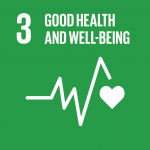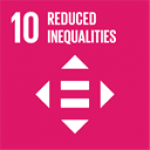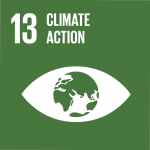Safeguarding the 2030 Agenda by harmonizing climate action plans with green recovery
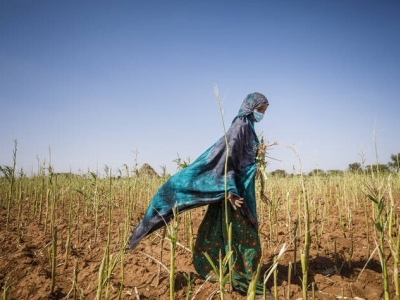
4 June 2021 – The world is still grappling with the profound economic, social, and environmental impacts of the COVID-19 pandemic. These impacts offer a glimpse of what the land use and agriculture sectors will endure if a systemic transformation towards climate resilience is not achieved by 2030. To tackle this challenge, FAO and UNDP are making sure COVID-19 considerations and green recovery are central to countries’ climate action plans for agriculture.
Addressing the current health and ongoing climate crises must be tackled in a harmonized way. Therefore, the term “green recovery” has been adopted by countries to refer to packaging environmental and economic reforms with plans to recover from the pandemic. Green recovery is particularly important in the food and agriculture sector.
Indeed, when weather shocks (record-high temperatures, droughts, and unpredictable rainfall) coincide with major economic downturns caused by a global pandemic, the existing risks to the agriculture sector - food production and access - are amplified, especially in low-income and food-importing countries. Men and women smallholder farmers, rural populations, migrant workers, and indigenous peoples who depend on agricultural production, fishing, pastoralism, or forestry for their food security, nutrition, income, and livelihoods are among those hit the hardest by the impacts.
Lockdowns due to the pandemic undermine linkages between poor producers in rural areas and peri-urban and urban markets. In turn, this affects the income of producers. An FAO Policy Brief on Gendered impacts of COVID-19 and equitable policy responses in agriculture, food security and nutrition found that these rural–urban linkages, mainly dominated by women traders, are often unaccounted for in times of crisis and are overlooked by formal government support.
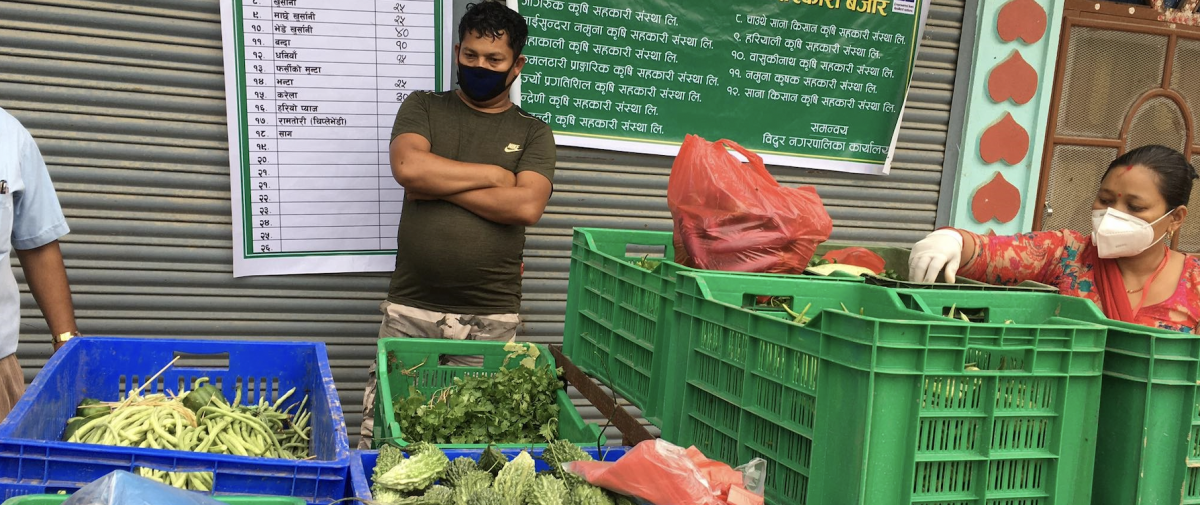
| Photo credit: UNDP/Nepal |
For communities in agriculture-dependent developing countries, restrictions on large gatherings and business operations to curb the pandemic could have adverse effects on employment, supply chains and halt manufacturing. COVID-19 is a health crisis, but it’s also a development crisis that exposes the multifaceted vulnerabilities existing in society. Changing landscapes, deforestation and biodiversity degradation, crop pests, foodborne diseases, and zoonotic diseases are intrinsically linked to the human-nature relationship, as over 70 percent of emerging infectious diseases in humans have their source in animals. They need to be managed through environmental sustainability and development planning.
The Scaling up Climate Ambition on Land Use and Agriculture through Nationally Determined Contributions and National Adaptation Plans (SCALA) programme, co-led by the United Nations Development Programme (UNDP) and the Food and Agriculture Organization of the UN (FAO), assists 12 countries to translate their climate commitments and plans into actionable and transformative solutions, taking into consideration a post-COVID-19 world. The programme strives towards a green recovery and long-term climate resilience through its foundational principles of multi-stakeholder engagement, inclusivity, gender-responsiveness, a whole-of-government approach, innovation, environmental sustainability, and private sector engagement.
SCALA’s work aims to build back greener post-COVID-19 by promoting the role of land and water ecosystems management in partner countries’ climate mitigation and adaptation pathways to foster more resilient agri-food systems. Crucially, the SCALA framework uses National Adaptation Plans (NAPs) and Nationally Determined Contributions (NDCs) as the point of departure for prioritizing climate actions, which could deliver support to communities vulnerable to both climate change and the effects of the pandemic.
The NDCs can serve as building blocks to integrate ambitious climate action into the COVID-19 recovery in countries. NDCs that are aligned to governments’ national development plans and the Sustainable Development Goals (SDGs) can spur economic growth, technology transformation, job creation and address key social inequalities that are critical for recovery.
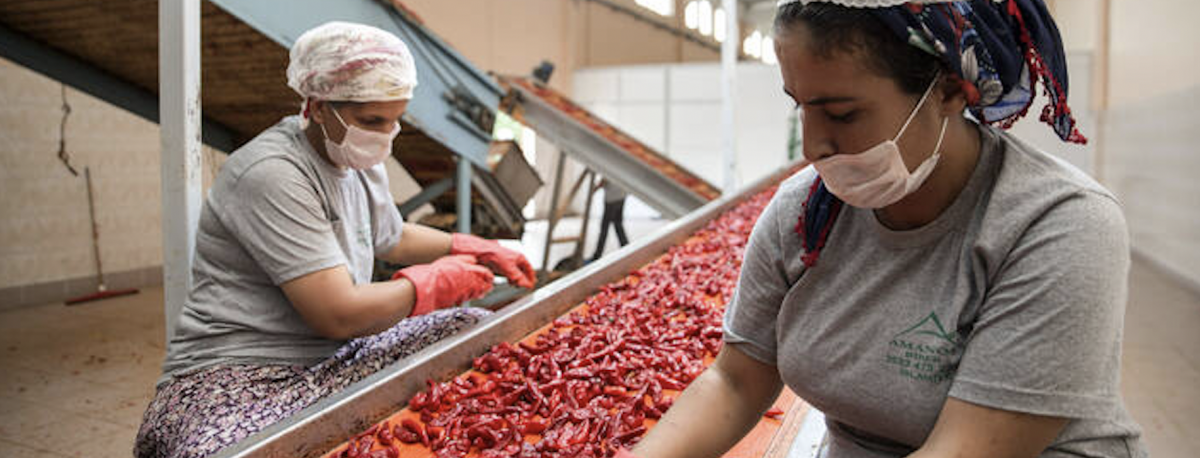
| Photo credit: FAO/Carly Learson |
The NDCs and green recovery plans can be mutually reinforcing. Through better integration of climate issues in land use and agriculture, fostering stronger country ownership, agency and autonomy in national climate change planning processes, SCALA countries will be better positioned to implement their green recovery pathways. With varying degrees of socioeconomic impacts of COVID-19 across partner countries, SCALA provides tailored support to countries to address those.
SCALA’s programme activities center around multi-stakeholder coordination and collaboration and aim to identify marginalized stakeholders – those that are disproportionately affected by COVID-19 shocks and stresses, and hardest to reach – in policy planning and budgeting processes to ensure a just representation of needs.
The programme’s emphasis on private sector engagement also lays the foundation for countries to respond to the financial resource constraints in the wake of the economic shocks of the pandemic. For example, designing concept notes for gender-responsive private sector business models that promote greener value chains could catalyze investments in projects that enhance complementarity between COVID-19 recovery, climate change mitigation and adaptation targets, and broader development planning objectives.

| Photo credit: UNDP/Nepal |
SCALA’s COVID-19 response strategy is aligned with the FAO COVID-19 Response and Recovery Programme that is in line with the UN approach to “build back better”. In pursuit of the SDGs, it aims to mitigate the immediate impacts of the pandemic, while strengthening the long-term resilience of food systems and livelihoods. It also aligns with the FAO Hand-in-Hand (HIH) Initiative to accelerate agricultural transformation and sustainable rural development.
SCALA is also aligned with the UNDP Climate Promise offer to enhance the Nationally Determined Contributions. In the context of COVID 19, the Climate Promise provides thematic technical support to countries to ensure that NDCs are aligned with national development priorities in the context of recovering from COVID-19.
The two organizations facilitate learning and knowledge among practitioners so that policymakers are equipped to make rapid and informed decisions that respond to COVID-19, while putting in place the foundation to both revitalize the economy and help achieve ambitious and inclusive climate action.
